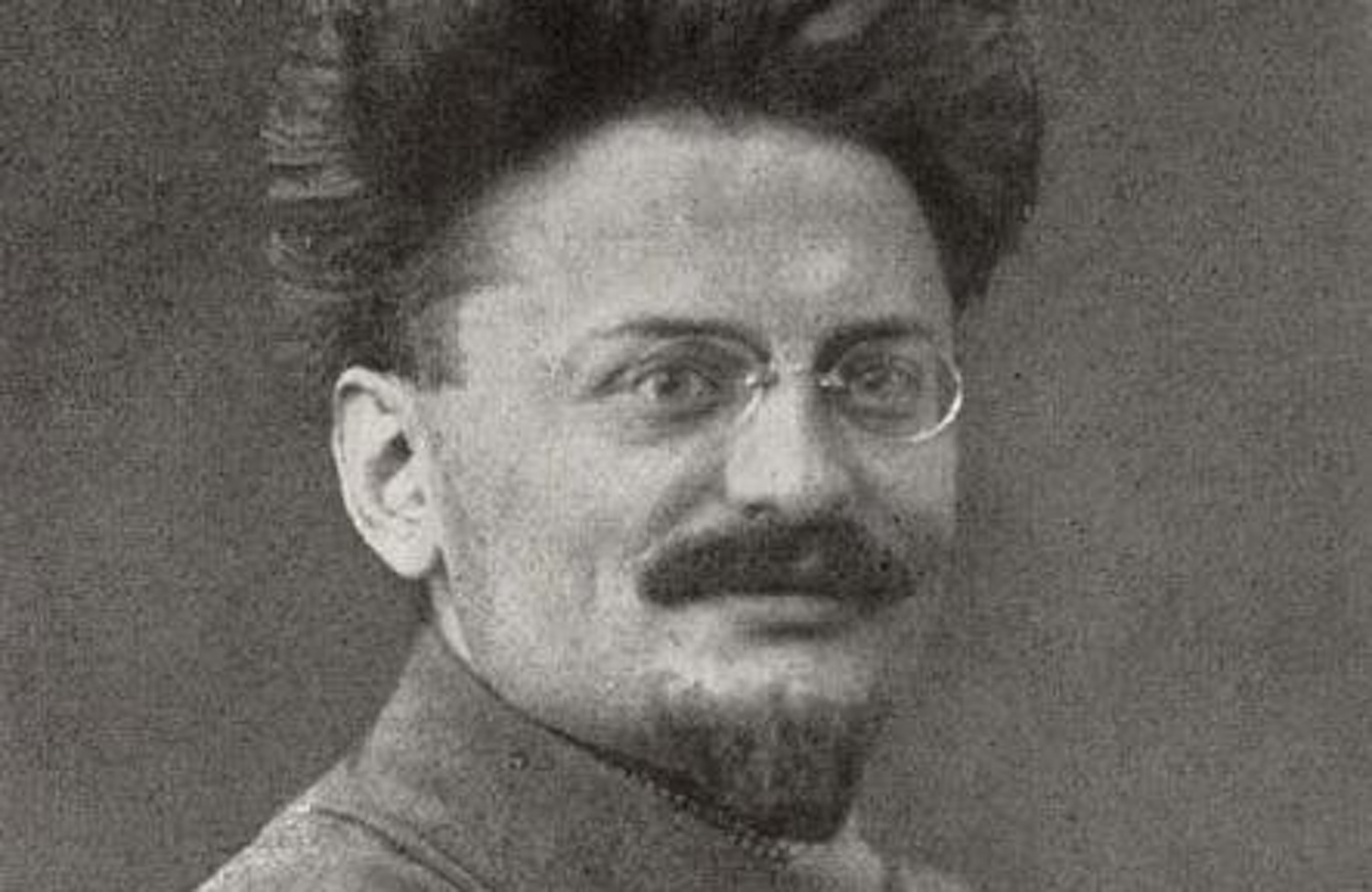by DAVID NORTH
 Leon Trotsky PHOTO/The Nation
Leon Trotsky PHOTO/The Nation
This is a section of a lecture delivered in 2001 in Sydney, Australia. The entire lecture (“Toward a reconsideration of Trotsky’s place in the history of the 20th Century”) appears in In Defense of Leon Trotsky, which can be purchased at Mehring Books (including in pdf and epub format).
David North is the chairman of the International Editorial Board of the WSWS and national chairman of the Socialist Equality Party in the US.
Sixty years ago, on August 21, 1940, Leon Trotsky died from wounds that had been inflicted by an agent of the Soviet secret police one day earlier. The Stalinist regime hoped that this murder would not only end the political activities of its greatest opponent, but also eradicate his place in history. Totalitarian pragmatism proved to be shortsighted in its calculations. The killer ended Trotsky’s life. But the ideas and the writings of the great revolutionary lived on. Murdering Trotsky did not bring to an end the political work of the world movement that he had founded. The Fourth International, as it turned out, lived to see the collapse of the Stalinist regime. It follows, of course, that the assassination failed to remove Trotsky from history. As historians study and interpret the twentieth century, the figure of Leon Trotsky looms ever larger. In few other lives were the struggles, aspirations and tragedies of the last century reflected so profoundly and nobly as in that of Trotsky. If we accept as true the observation of Thomas Mann that, “In our time the destiny of man presents itself in political terms,” then it can be said that in the sixty years of Trotsky’s life, destiny found its most conscious realization. The biography of Leon Trotsky is the concentrated expression of the vicissitudes of the world socialist revolution during the first half of the twentieth century.
Three years before his death, in a discussion with a skeptical American journalist, Trotsky explained that he saw his life not as a series of bewildering and ultimately tragic episodes, but as different stages in the historical trajectory of the revolutionary movement. His rise to power in 1917 was the product of a revolutionary upsurge of the working class. For six years his power depended on the social and political relations created by that offensive. The decline in Trotsky’s personal political fortunes flowed from the ebbing of the revolutionary wave. Trotsky lost power not because he was less skilled a politician than Stalin, but because the social force upon which his power was based—the Russian and international working class—was in political retreat. Indeed, Trotsky’s historically conscious approach to politics—so effective during the revolutionary years—placed him at a disadvantage vis-à-vis his unscrupulous adversaries during a period of growing political conservatism. The exhaustion of the Russian working class in the aftermath of the Civil War, the growing political power of the Soviet bureaucracy and the defeats suffered by the European working class—particularly in Germany—were, in the final analysis, the decisive factors in Trotsky’s fall from power.
World Socialist Web Site for more
